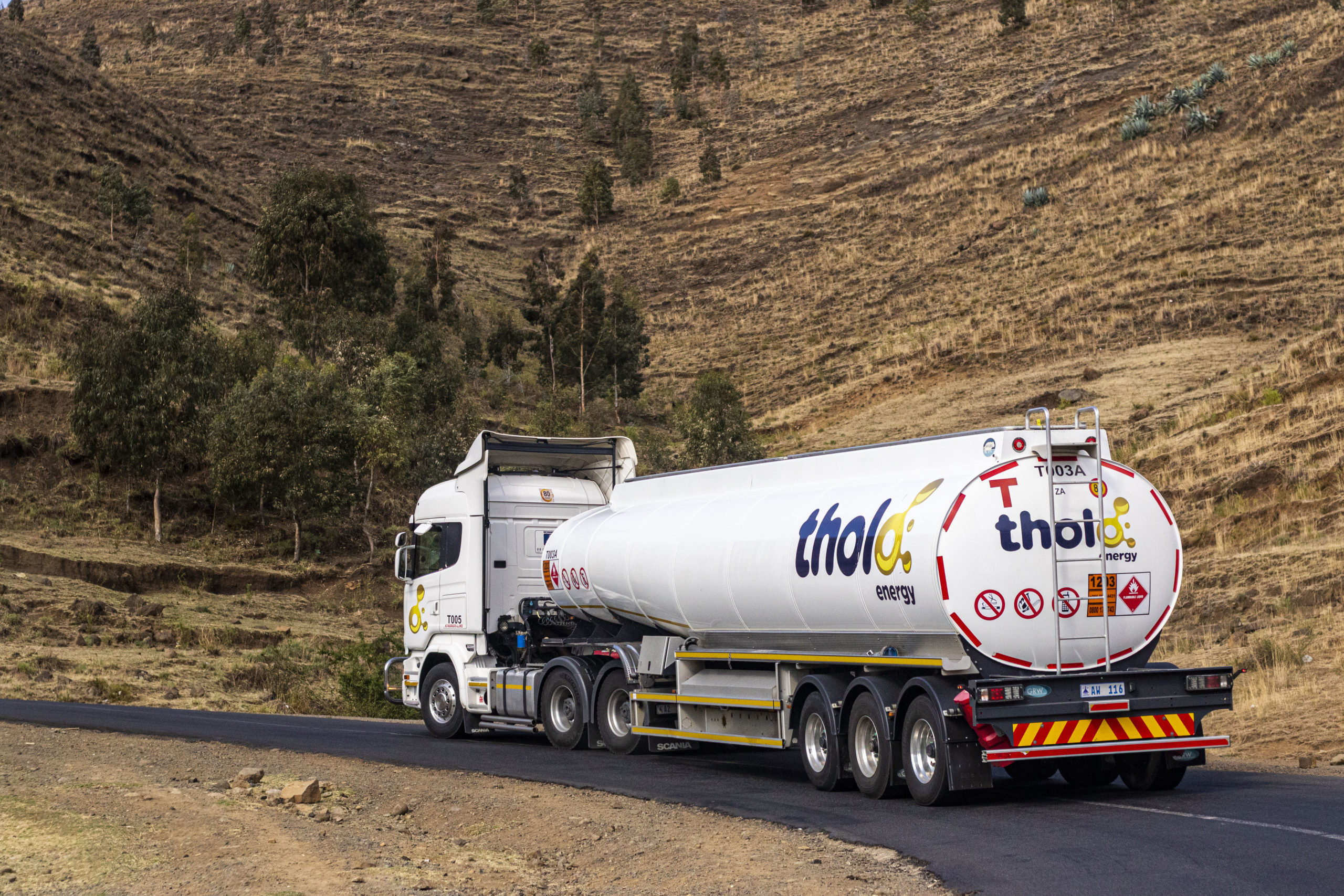Seabata Mahao
The Revenue Services Lesotho (RSL) has provided a comprehensive overview of the operational procedures of its warehouse located in the Industrial Area of Maseru.
The disclosure aims to enhance public understanding of the warehouse’s functions and its role in the country’s customs operations. The disclosure occurred during a recent media tour, which offered insights into the warehouse and the manufacturing offices responsible for its operations.
During the tour, RSL officials highlighted that the warehouse currently stores a variety of goods, many of which have outstanding revenue taxes. These items include cosmetics, food products, illicit cigarettes, motor vehicles, and other restricted items.
Due to severe congestion, the warehouse has also been compelled to store delivery vehicles, such as trucks and heavy-duty vehicles, in its yard instead of offloading them.
Mothebesoane Taoana, RSL’s Senior Customs Inspector overseeing the state warehouse, emphasized the facility’s critical role in handling imported goods.
“Our warehouse is fully congested, prompting us to temporarily store delivery vehicles to ensure the safety of these products during processing,” Taoana said.
He further highlighted that storage fees can accumulate with prolonged stays, sometimes nearing the value of the goods and vehicles themselves. “Goods have a 21-day grace period for tax settlement, with a subsequent 90-day period before they may be auctioned, as per RSL customs regulations,” he noted.
Regarding goods not legally permitted in the country, Taoana explained that the handling procedures vary.
“For the goods brought in illegally, the law guides us depending on the type of goods, determining whether they should be destroyed or returned for auction,” he clarified.
Taoana also detailed the operations of the manufacturing offices, which manage the import and export of goods from the Southern African Customs Union (SACU) and Extra-SACU countries for trade purposes in the textile industries.
“The Extra-SACU work under RSL’s scheme named 470, where registered license holders do not pay import and export revenue taxes,” he stated.
Emphasising the importance of compliance, Taoana said: “We ensure that license holders under these schemes adhere strictly to their obligations, preventing unauthorized diversion of materials between schemes.”
Routine inspections are conducted to ensure accountability of imported materials until their transformation into finished products for export.
Taoana encouraged the public to seek guidance from RSL’s customs offices at border gates before traveling, stressing the need for compliance with importation regulations and necessary permits for restricted goods.
Once goods are stored at the state warehouse, clients must settle their revenue taxes at the customs offices where the goods were seized.
Proper documentation must then be presented to retrieve their goods, accompanied by RSL officials and security personnel.
“Clients receive a stamped receipt upon payment, confirming clearance for goods to be released. Disputes may lead to legal proceedings depending on the circumstances,” added Taoana.

Your Trusted Source for News and Insights in Lesotho!
At Newsday Media, we are passionate about delivering accurate, timely, and engaging news and multimedia content to our diverse audience. Founded with the vision of revolutionizing the media landscape in Lesotho, we have grown into a leading hybrid media company that blends traditional journalism with innovative digital platforms.











